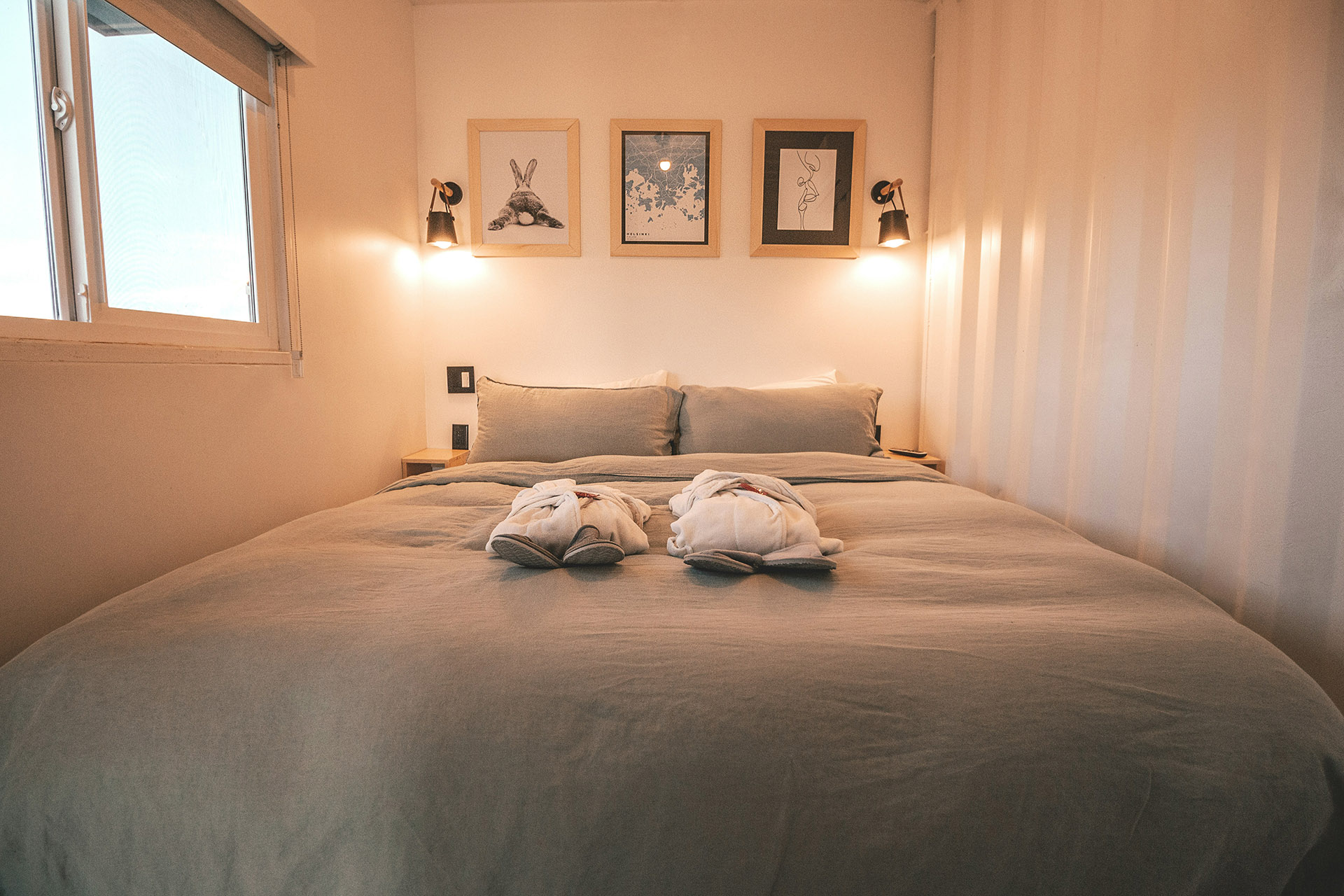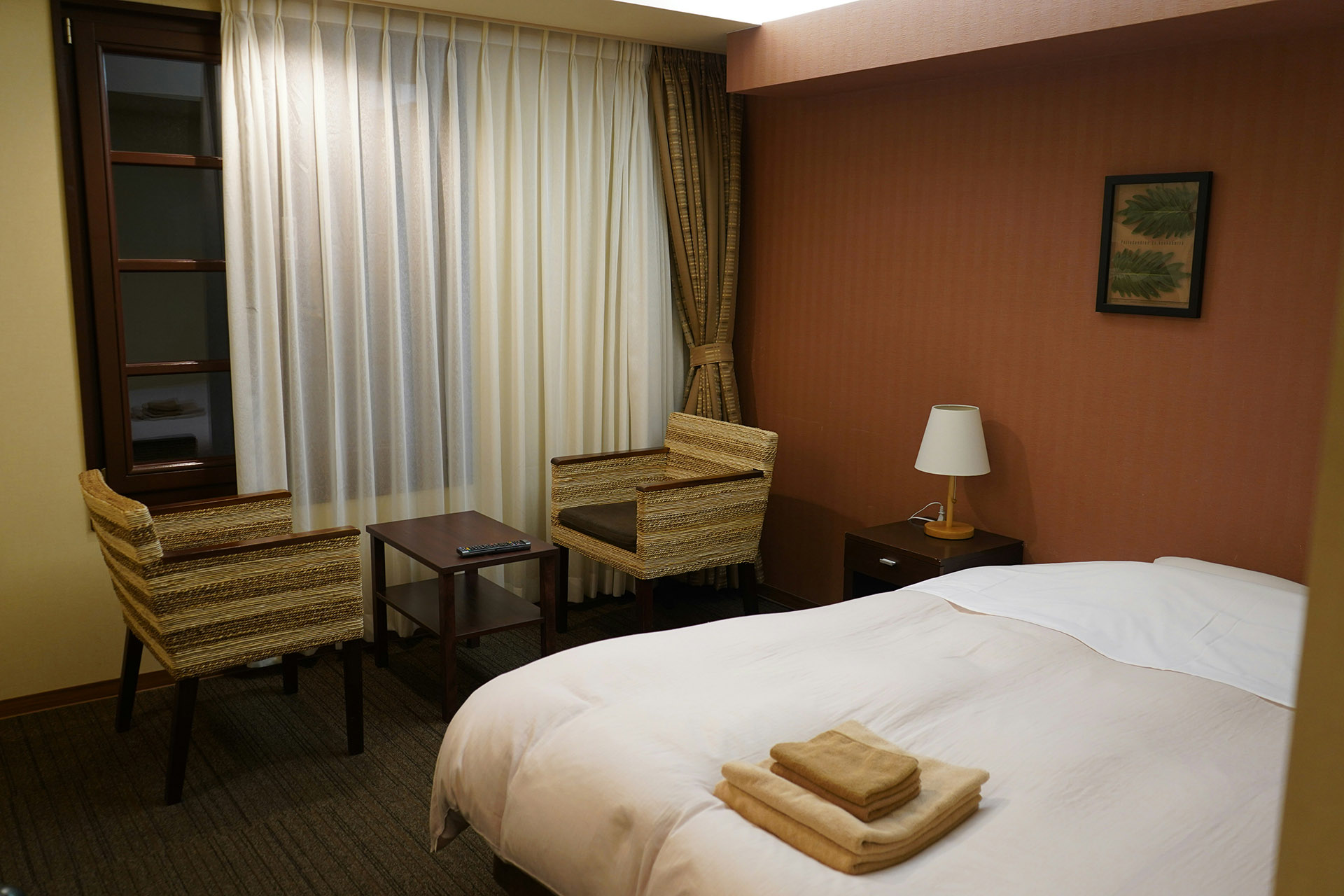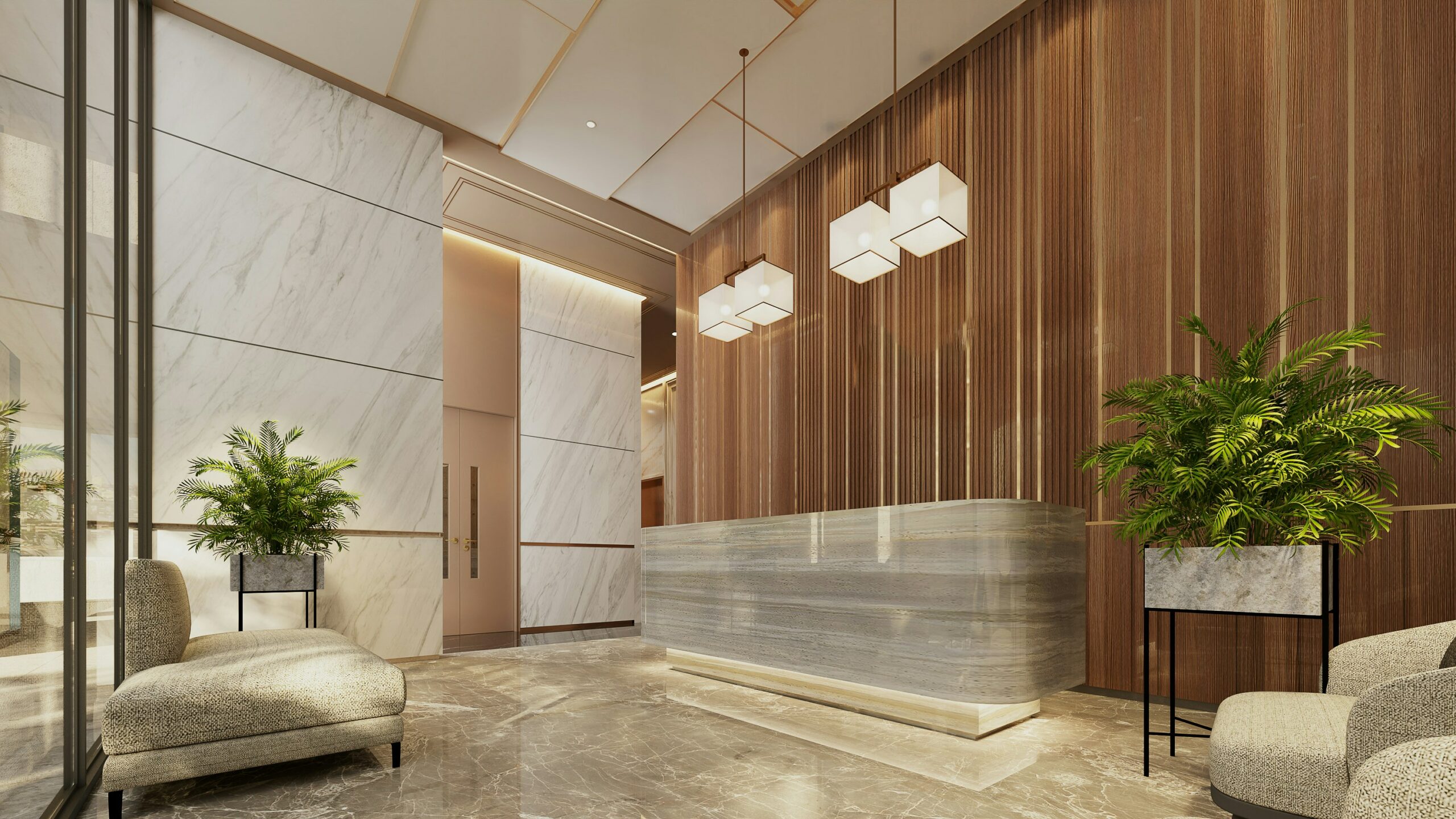How stars are assigned
There is no single global system for assigning stars. There is a hotel standard adopted way back in 1989 by the World Tourism Organization (UNWTO). But that, too, is only of an advisory nature. It contains a description of what hotels of each category should provide.
If you make an effort to read it, its text today sounds quite ancient: both today’s reality and views of comfort have changed too much.
At the end of the 1980s, nobody had heard of Wi-Fi or flat TVs, and even airco was considered more of a luxury than a mass-market domestic appliance. Now nobody can survive without these conveniences.
There is a hotel standard that describes what each category should provide.
Two-star hotels
These are budget hotels with a small range of services. They have a reception, but it does not always work round the clock. It’s better to check this point if you plan to arrive late at night or early in the morning. You can check the information on the hotel page.
A full room clean with washed floors is possible to arrange at two-star hotels if especially requested, but they won’t change the bedding or towels more than once per week.
Two-star hotels provide one- and two-person rooms, sometimes family ones as well, but the rooms will be very small. A disadvantage is that it’s cramped, but an advantage is that you can reach for anything you need without having to get up from your chair or bed.

Photo by Erick Palacio on Unsplash
The set of services available in two-star accommodation is small: your own bathroom and skimpy furniture. You will sometimes have to pay for additional services (air conditioner, safe, internet in the room, and so on).
Here you will find modest common areas such as a lobby or small cafe, and at reception, you can order a taxi or tours. As a rule, meals are not included in the cost of the room (room only –RO), but sometimes you can select bed and breakfast (BB).
Three-star hotels
Three stars are the most difficult category: in some cases, they are almost like two stars, but with more frequent changing of the bedding (as a rule, twice a week) and in other cases they have quite spacious rooms, sometimes even with a kitchenette or lounge area.

Photo by Yosuke Ota on Unsplash
Sometimes there are courtyards, patios, or other common areas. And if the hotel is at a resort, then it will often provide a swimming pool.
Four-star hotels
This is definitely not a budget option, but it’s not the luxury option either. Four-star hotels will offer all the services of three-star ones and add more business class ones such as spa, massage rooms, saunas, several bars and restaurants on the territory, conference halls and gyms.
The room size in a four-star hotel cannot be less than 14 square meters, and it has an improved layout — most often suites (consisting of a hall, bedroom and lounge area) or a studio (an open plan mini-apartment). Four-star hotels will also provide a dressing gown and slippers set for each guest.
Five-star hotels
Five-star hotels immediately bring to mind luxury hotels with a huge selection of exclusive services: golf clubs, multi-room apartments with room service, private swimming pools, villas, luxury-brand cosmetics on the bathroom table, romantic bungalows and an individual approach to guests. And, naturally, a hefty price tag for such luxuries.
But again, it’s not so clear-cut: a five-star resort in Turkey or Egypt and a five-star hotel in Paris or Los Angeles are quite different propositions.

Photo by Toni Rose Ng on Unsplash
If in the former, five-star status will signify a huge territory, organized activities, and all-inclusive, it is far from luxury. However, it comes with a much more realistic price tag. Meanwhile, the cost in the latter cities will be through the roof, but on the other hand, you are far more likely there to enjoy exclusive luxuries.
Five-star hotel rooms cannot be less than 16 square meters, and the hotel will provide a larger number of services and amenities than in a four-star: hotel restaurants will provide cuisine from a number of countries, the hotel will have night clubs (and sometimes casinos), shops, beauty salons, a dry cleaner, fitness rooms, and business centers. Its large bathrooms will be fitted with a bidet, jacuzzi and separate shower cabin.
Room cleaning and replacement of bedding in a five-star hotel should take place every day.

Photo by Florian Schmid on Unsplash
Should you be guided by the number of stars when selecting a hotel?
Rather than the number of stars, it’s better to be guided by the criteria that are important for your specific journey or for the client’s holiday. If the hotel is appropriate in terms of location, amenities, meal types, and other services, the number of stars should be a secondary consideration and less important. Who cares whether the hotel has three or four stars if it fully meets the client’s requirements?
RateHawk Tools and Functions That Will Help You to Select the Right Hotel
Booking a hotel on RateHawk, you may be guided by the most varied of criteria: starting from your clients budget and ending with the room amenities. We will show you all the options appropriate to the request, and then you may select the most suitable one and decide at the final stage how important the star category is.
Cover image: Photo by Valeriia Bugaiova on Unsplash




